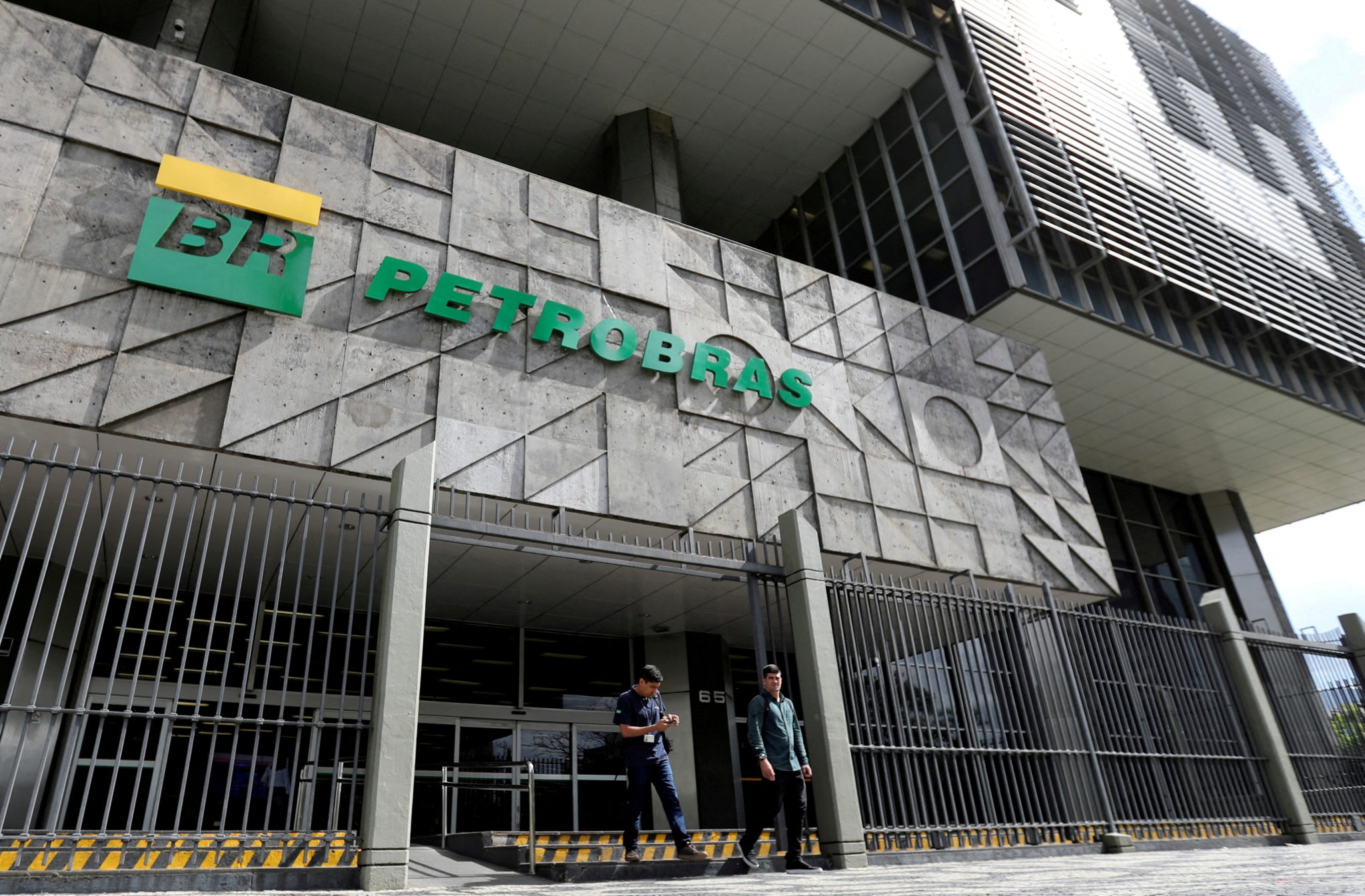(S&P Global Platts) Petrobras will raise wholesale diesel and gasoline prices, effective June 18, in the latest increase under the company’s controversial import-parity pricing policy and the first adjustment since Brazil’s Congress passed several measures aimed at reducing fuel taxes and containing soaring inflation, the company said June 17.
Diesel prices will increase 14.3% to $1.098/liter, Petrobras said. That was the first diesel increase in 39 days, when prices were lifted 8.9%. Gasoline prices will rise 5.2% to $0.795/l in the first adjustment in 99 days. Gasoline prices were boosted 18.8% March 11.
The moves followed intense criticism of Petrobras’ import-parity pricing policy by President Jair Bolsonaro and lawmakers in recent days amid ongoing debate over several bills aimed at alleviating inflationary pressures in Latin America’s largest economy. Brazil’s Congress recently approved bills that reduced the state ICMS tax on diesel, gasoline, and ethanol, eliminated federal fuel taxes on gasoline and ethanol and extended beneficial tax regimes for biofuels for 20 years.
The changes were expected to reduce the price of a liter of diesel by about $0.15 and gasoline by about $0.32, according to government estimates.
“The federal government as shareholder is against any adjustment in fuel prices because of Petrobras’ exaggerated profits during a global crisis but also in the public interest underscored by the Law of State-Run Companies,” Bolsonaro tweeted shortly after the adjustment was announced. “Petrobras could sink Brazil into chaos. Its president, directors and board members know well what happened during the truckers’ strike of 2018 and its nefarious consequences for Brazil’s economy and the lives of our people.”
Bolsonaro cited the 10-day walkout by independent truckers protesting high diesel prices in May 2018 that led to temporary shortages of food, fuel, and medicines across Brazil. Bolsonaro supported the truckers, who played a key role in getting him elected in October 2018.
Truckers attempted walkouts protesting rising diesel prices since 2018, with three strikes scheduled in 2021. The movements, however, lacked public support and ended up failing. Truckers have called for additional strikes in 2022 but have so far failed to carry out any major work actions.
Calls to end policy
Bolsonaro, lawmakers and trade groups have called for Petrobras to end its policy of keeping domestic fuel prices at parity with international imports that was first implemented in 2016. The policy ended years of interference by the government, which is Petrobras’ biggest shareholder and controls the company’s board.
The policy has since been supported by an antitrust deal between Petrobras and local regulators that ended the company’s monopoly in the country’s refining segment. Under terms of the agreement, Petrobras was forced to sell eight of the company’s 13 operated refineries and adhere to the import-parity pricing policy.
Petrobras has repeatedly reaffirmed its commitment to the policy but recognized the impact of higher prices on Brazilians.
“It’s important to reinforce that Petrobras is sensitive to the moment that Brazil and the world are confronting and understands the impact that fuel prices have on the life of citizens,” Petrobras said. “The company has sought equilibrium in its prices with the global market, but without immediately passing along volatility in international quotes and foreign exchange rates to domestic prices.”
Petrobras said that other domestic refined product suppliers adjust prices more frequently than the company, while major international companies adjust prices on a near-daily basis.
“When there is a structural change in the level of global prices, it’s necessary for Petrobras to seek convergence with market prices,” the company said.
Brazil needs to keep domestic prices at import parity because Petrobras’ refineries are unable to meet the country’s refined product demand, industry officials say. Brazil has historically imported about 25% of its diesel and LPG needs, as well as about 15% of gasoline demand. The import-parity pricing policy keeps arbitrage windows open for third-party importers.
Domestic diesel and gasoline were trading at sharp discounts to import parity ahead of Petrobras’ moves, according to the Brazilian Association of Fuel Importers, or Abicom. Diesel sold at an 18% discount to parity, while gasoline was at a 14% discount.
Additional political pressure is on the way, with Senate and Lower House leaders expected to meet June 20 to discuss ways to counter Petrobras’ pricing policies.
Bolsonaro also is pushing hard to complete his latest management shakeup at Petrobras, with the government submitting a new slate of board members that includes CEO nominee Caio Paes de Andrade. Andrade would be the fourth CEO at Petrobras since April 2021.
Adolfo Sachsida also was named Mines and Energy Minister in May after Bolsonaro relieved Bento Albuquerque of his duties May 10, shortly after Petrobras announced its previous diesel price hike.
The current Petrobras board, however, has so far failed to call an extraordinary shareholders meeting to consider the new list of candidates, while maintaining Jose Mauro as CEO. Mauro has refused to resign the post while the meeting is pending.



